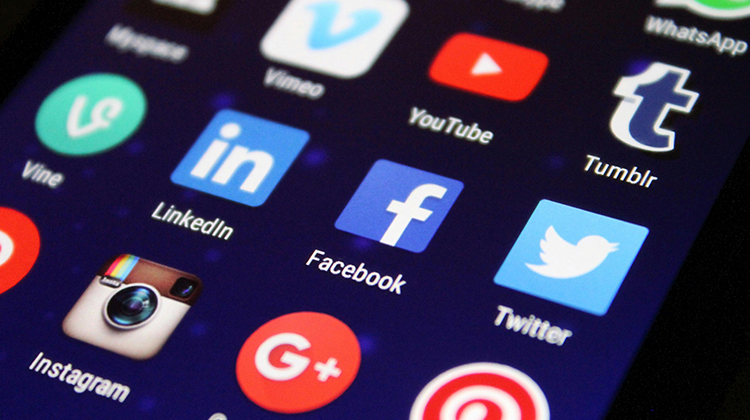Social Media Ban for Children Looms

Social media can have a negative influence on the young so naturally the government wants to ban social media for children under 16.
It could be that this is overreach, the internet and social media are a big part of modern life and the ban to date lacks real detail. The definition of what social media is is problematic to begin with, Instagram, Twitter and Facebook are part of the fabric of modern life, but they can be corrosive and damaging to the young.
But does ‘social media’ include Roblox, Minecraft or Fortnite? These platforms all have a strong social component which drives the collaborative, team orientated nature of these games.
Professor Therese Keane from la Trobe Uni says, "Social media is affecting our children in so many ways, from self-esteem issues to an inability to interact in person, through to misinformation, harmful content and dangerous TikTok challenges.
"Social media companies cannot and will not self-regulate their platforms. It is a very encouraging and brave step the government has made to take control.
"Social media companies have been given ample opportunities to address these issues, but it is not in their best interests to do so. These companies need to face the reality that their products have a negative impact on children."
Countering that, tech positive Girl Geek Academy - a social enterprise dedicated to achieving gender equality in the technology industry - points out that social media encompasses a number of different platforms.
Is social media in 2024 Instagram? Sure. But is it also your kid's Year 7 Zoom class, their Xbox party chat while playing Fortnite, the WhatsApp group where Nanna sends homework help, the GitHub repo where your daughter's class is collaborating on their first open-source project?
Try telling a 15-year-old they can't use YouTube to learn coding, or share their favourite bands with friends on Spotify, or Scratch to share their first game with classmates. And then tell their teachers the kids can't use these tools in the classroom.
They make the point that maybe before we start swinging the ban hammer, we should figure out what we're actually banning.
Dr Alexia Maddox also at LaTrobe and Director of Digital Education and Senior Lecturer in Pedagogy and Education Futures in the School of Education feels that,
“While protecting young people online is crucial, recent evidence suggests the relationship between social media use and youth mental health is more complex than public discourse suggests.
"The timing of this proposal, ahead of the election, appears to capitalise on parental anxieties rather than engage with the nuanced evidence base.
"What’s clear is that blanket bans may create unintended consequences, potentially driving young people to less regulated spaces or cutting them off from valuable support networks.
"Rather than rushed legislation, we need evidence-based policy that addresses platform design, improves digital literacy and creates safer online environments for all users."